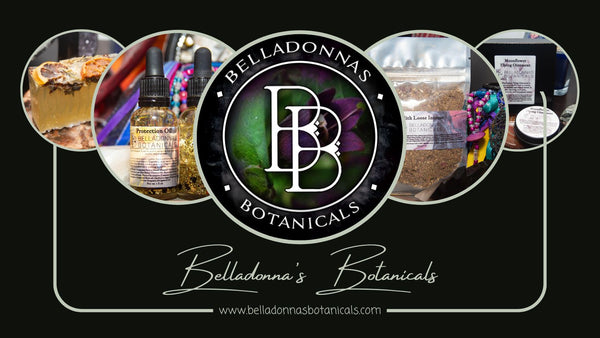Do you know what the average shelf life of a water-based product with essential oils is before it starts "going bad?" Even if you refrigerate it? THREE DAYS! That is, if you do not use a preservative! I started using Benzylalcohol-DHA which Making Cosmetics describes as "a broad-spectrum preservative blend consisting of benzylalcohol (aromatic alcohol) (87%), dehydroacetic acid (8%) & water (5%) and is an effective alternative to parabens. It is soluble in water, alcohols & glycols." This is the natural preservative that I chose to use in all of my water-based products. That includes things like hydrosols, aloe vera, and other water-based extracts.
I knew you needed to use preservatives in hydrous products, but I didn't know how fast things start to degrade without it and how prone they become to microbial growth. You can also add antioxidants like Vitamin E Oil and Rosemary Antioxidant (which is a plant extract and not an essential oil) to properly ensure your products shelf life, but they do not act as preservatives on their own. I used to make my own foaming hand soap with a simple recipe using distilled water, castile soap, and essential oils -- without any preservatives. Guess what, that all natural soap I made would be floating with microbial growth in a matter of days!
There are preservative calculators that can assist you in figuring out the correct weight to add to your finished products. I like the one from HumbleBee & Me, but you need to keep in mind that it is basing the weight in grams, which is the standard unit of measurement for making topical cosmetic applications. There are also conversion tools available to figure out the total weight in grams if you are using ounces. One ounce roughly equals 28.3495 grams. Most kitchen or lab scales can be adjusted to switch from ounces to grams as well.
There are many FDA regulations in place when it comes to legally selling hydrous products -- those being products that contain any type of water-based ingredient. I started using Sagescript Institute, LLC in Colorado to test my products. Sagescript states, "The FDA does not require any microbiology testing but it is a responsible thing to do to protect your formula and your customer. The FDA does say that a cosmetic should not be adulterated which is interpreted as meaning it should not contain harmful bacteria or fungus." All this means is that if you are making and selling products, you are liable for them. Pro tip: It is also a good idea to get yourself some business and personal liability insurance. The Indie Business Network and The Handcrafter's Soap and Cosmetics Guild offer discounts as a membership benefit.
Each product will cost between $28 and $32 for microbial testing. You package and label your samples and mail them to the lab, they test them, and then send you the report. The whole process can take about 2-3 weeks. It is recommended that even if you are using the same base ingredients, but make a slight variation to the coloring, essential oils, or fragrance oils that you should also have those products tested too -- even though they will most likely yield the same results as the base products that were originally tested.
Preservatives exist for a reason and the natural ones will conform to your personal or philosophical standards that you may adhere to in your product creation process. There are numerous natural preservatives available on the market in the US, UK, and Europe. When in doubt, if it has any water or water-based products in it, use a preservative!

